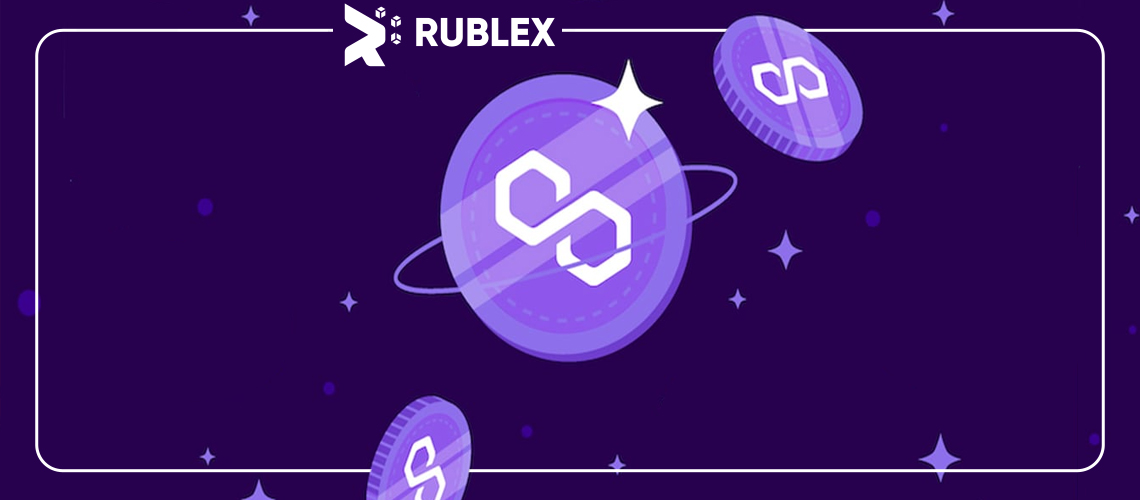Polygon Labs has formally put forward a technical enhancement plan for Celo, recommending the transition from being an independent EVM-compatible Layer 1 to becoming an Ethereum Layer 2 solution. This proposal was unveiled on September 21, a mere 9 hours after SandeepN’s initial announcement.
The Detailed Proposal
Polygon Labs’ proposal entails the implementation of a Layer 2 (L2) solution for Celo, leveraging the Polygon Chain Development Kit (CDK). This open-source toolkit empowers developers to construct their own Ethereum Layer 2 solutions utilizing Zero-Knowledge (ZK) technology. Additionally, it streamlines the process of transitioning existing Layer 1 networks to Ethereum Layer 2, with a strong focus on modularity and minimal friction.
Key Value Propositions of Polygon CDK
Enhanced Collaboration: Embracing the Polygon Chain Development Kit (CDK) opens doors to a thriving ecosystem of ZK-powered Layer 2 solutions, fostering opportunities for extensive cross-community collaboration.
EVM-Compatible Environment: Developers can attain the highest level of technical alignment with Ethereum.
Security at its Core: The system harnesses Ethereum’s battle-tested consensus layer in conjunction with the robust security afforded by zero-knowledge proofs.
Cost-Efficiency: Enabled by a zkEVM validium architecture and off-chain data availability, ensuring minimal transaction fees.
Integrated L2 Ecosystem: Seamlessly combining the Ethereum mainnet with the Polygon ecosystem, creating a unified and expansive economic network.
Versatility: The platform provides a comprehensive app-chain stack and seamless interoperability with all Polygon Layer 2 chains.
Swift Transaction Processing: Almost instantaneous withdrawals and rapid cross-chain interactions are safeguarded by Zero-Knowledge (ZK) technology.
Exemplary Support Standards: Adhering to the rigorous standards set by prominent Web3 projects and established Web2 companies.
Embracing Ethereum’s Vision and Expertise in Zero-Knowledge (ZK)
Polygon Labs has maintained an unwavering commitment to expanding Ethereum and preserving its fundamental principles. With Layer 2 (L2) solutions and rollups at the forefront of its roadmap, Ethereum’s future is oriented towards secure and seamless scalability. Polygon Labs’ core developers have dedicated years to mastering Zero-Knowledge (ZK) technology to closely align with Ethereum’s vision. Breakthroughs such as the Plonky2 ZK proving system have paved the way for reduced transaction fees and faster confirmation times on L2s, all while inheriting Ethereum’s core tenets of decentralization, security, and existing toolsets.
Elevated Value Propositions through the Upgrade
This proposal encompasses not only the initial value propositions outlined by cLabs but also introduces distinct value propositions made possible by the utilization of the Polygon Chain Development Kit (CDK). These responses delve into the technical advantages of implementing Polygon CDK and position this strategic choice within the wider context of Ethereum’s scalability initiatives.
Possible Influence on the Celo Community
Validators: The adoption of Polygon CDK provides deployment options in both rollup and validium modes, enabling existing Celo validators to actively engage. They can either serve as a data availability committee or function as sequencers.
Developers: Developers stand to gain from the Ethereum Virtual Machine (EVM)-compatible capabilities of Polygon CDK, amplifying the network effects arising from alignment with Ethereum.
Users: Anticipated adjustments in transaction fees with the integration of Polygon CDK are expected to be minimal.
CELO Holders: CELO will continue to serve as the governing token within the Celo ecosystem, affording holders control over essential smart contracts and the validator set.
In Conclusion
Polygon Labs’ proposal seeks to build upon the value propositions outlined by cLabs regarding Celo’s transition to an Ethereum Layer 2 solution. The ongoing conversation between Polygon Labs and the Celo community is expected to persist, driven by a mutual commitment to realizing the most advantageous technical enhancements for the broader blockchain community.





